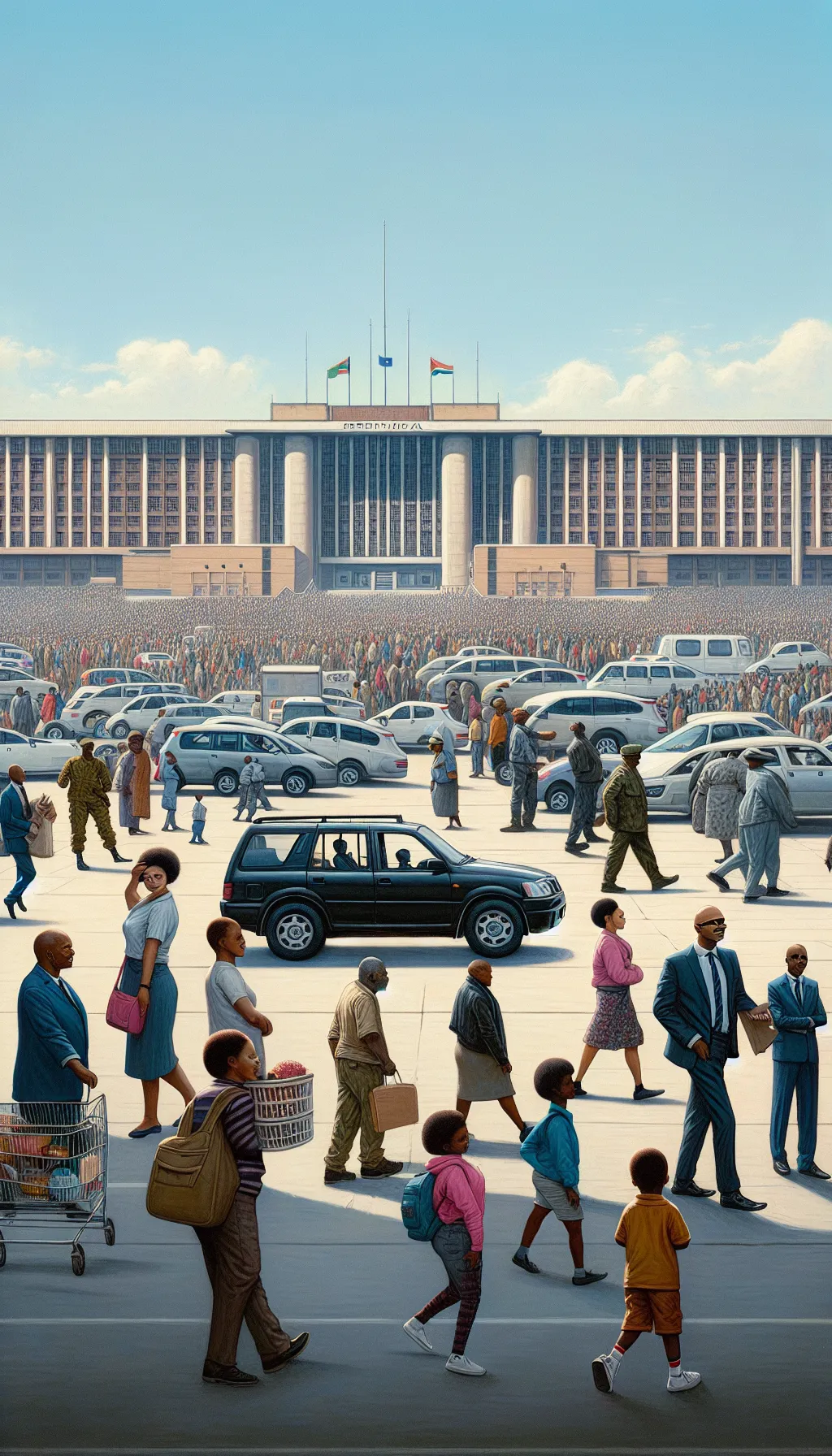South Africa – The Echoes of Church Street – May 17, 1983
TLDR;
- Event: On May 17, 1983, a car bomb exploded outside the South African Air Force headquarters in Pretoria, killing 19 and injuring over 200, marking a significant act of resistance against apartheid.
- Perpetrators: The attack was carried out by Umkhonto we Sizwe, the armed wing of the African National Congress (ANC), as part of their fight against racial segregation.
- Impact: The bombing intensified global scrutiny on apartheid, despite the ANC’s later regret over civilian casualties.
- Legacy: The Church Street bombing remains a poignant reminder of the complexities and human costs in the struggle for freedom and equality in South Africa.
–
Story
The bustling streets of Pretoria were alive with the hum of daily life when, in an instant, chaos erupted. A deafening explosion shattered the afternoon calm, sending shockwaves through the administrative capital of South Africa. On May 17, 1983, a car bomb detonated outside the South African Air Force headquarters on Church Street, leaving devastation in its wake.

The attack, orchestrated by Umkhonto we Sizwe, the armed wing of the African National Congress (ANC), was a bold strike against the oppressive apartheid regime. For years, the ANC had fought tirelessly against the systemic racial segregation and discrimination that plagued the nation. This bombing was a grim reminder of the lengths to which the struggle for freedom and equality would go.
As smoke billowed into the sky, the immediate aftermath was one of horror and confusion. Nineteen people were killed and over 200 injured, their lives forever altered by the blast. The attack intensified scrutiny on apartheid, though global condemnation of the regime was already well underway.
The ANC later admitted that the bombing caused unintended civilian casualties, which they regretted. While the Church Street bombing was a significant act of resistance, the broader anti-apartheid struggle involved many other pivotal events that contributed to the eventual end of apartheid.
The echoes of that day serve as a reminder of the complexities and costs of the fight for human rights and the importance of remembering all aspects of history, not just the moments of triumph but also the tragedies.
–
| Would a different approach have changed the course of the anti-apartheid movement? |